QUEZON CITY, February 6, 2023 – In a hybrid meeting set up, the Department of Agriculture – Special Area for Agricultural Development (DA-SAAD) Program introduced the Beneficiary Needs Assessment (BNA) guidelines as a social preparation tool to carefully identify projects suited to the target farmers’ groups and their communities for the Phase 2 implementation of the program.
For 2023, BNA will be conducted as an alternative to Participatory Rural Appraisal (PRA) due to the limited time in identifying basic agricultural information of the beneficiaries.
It is a systematic method of data gathering utilizing both qualitative and quantitative methods to ultimately achieve the highest level of precision on base data for project provisions. In the process, this is also a means to allow the beneficiaries the voice and the choice in choosing the project they need and create that sense of ownership.
The BNA utilizes a desk review, guide questions for a focus group discussion and observation processes, and ocular inspections of the proposed project areas. It thus employs the triangulation approach to confirm the validity of the data gathered. Information on the socio-economic conditions and needs will be the basis to validate and justify actions to address the needs and guide the beneficiaries before the SAAD project intervention.
Last December 2022, a Participatory Rural Appraisal (PRA) Workshop was conducted through extensive and interactive lectures to prepare the program implementers for Phase 2 execution. Launching the idea of PRA is part of the SAAD Program’s social preparation activities aimed at gathering enough information to intensify and improve precision planning. As a participative and transdisciplinary research strategy, PRA extracts crucial information for recipient-tailored planning development, creating information to empower farmers and fishers is a multi-step process. Due to time constraints and limitations in the workforce, SAAD needs to use an alternative approach through the BNA as a reference for project verification and approval.
Mr. Darwin Pamatmat, Head of the Operations, Planning, Budgeting, Monitoring, and Evaluation (OPBME) unit presided over the whole day video conference together with the SAAD National Director Ulysses Lustria Jr., and Deputy Director Pedro Dumaraos, Jr.
BNA: Foster social participation
As mentioned, the BNA process involves a desk review, group survey, focused group discussion, observation and site validation.
The study will be conducted only to qualified farmer-beneficiaries who will undergo interviews to be facilitated by the regional and provincial arms of SAAD. Finally, all gathered data will be validated through site visitations and documentation.
BNA aims to extract and validate the information from the socio-economic profile and agricultural profile, and put this side-by-side with the proposed livelihood projects to give chance to the receiving partners to discuss and consult opportunities and their challenges in assuming the projects once granted.
The activity, as a crucial part of Social Preparation, one of the major components of the program, will be conducted in the first semester of 2023, or before project delivery. As a basis for project provision, all beneficiaries are required to undergo a BNA study. ###
Writers: Jennifer Valcobero and Jessa Mae Gabon, DA-SAAD NPMO Information Officers


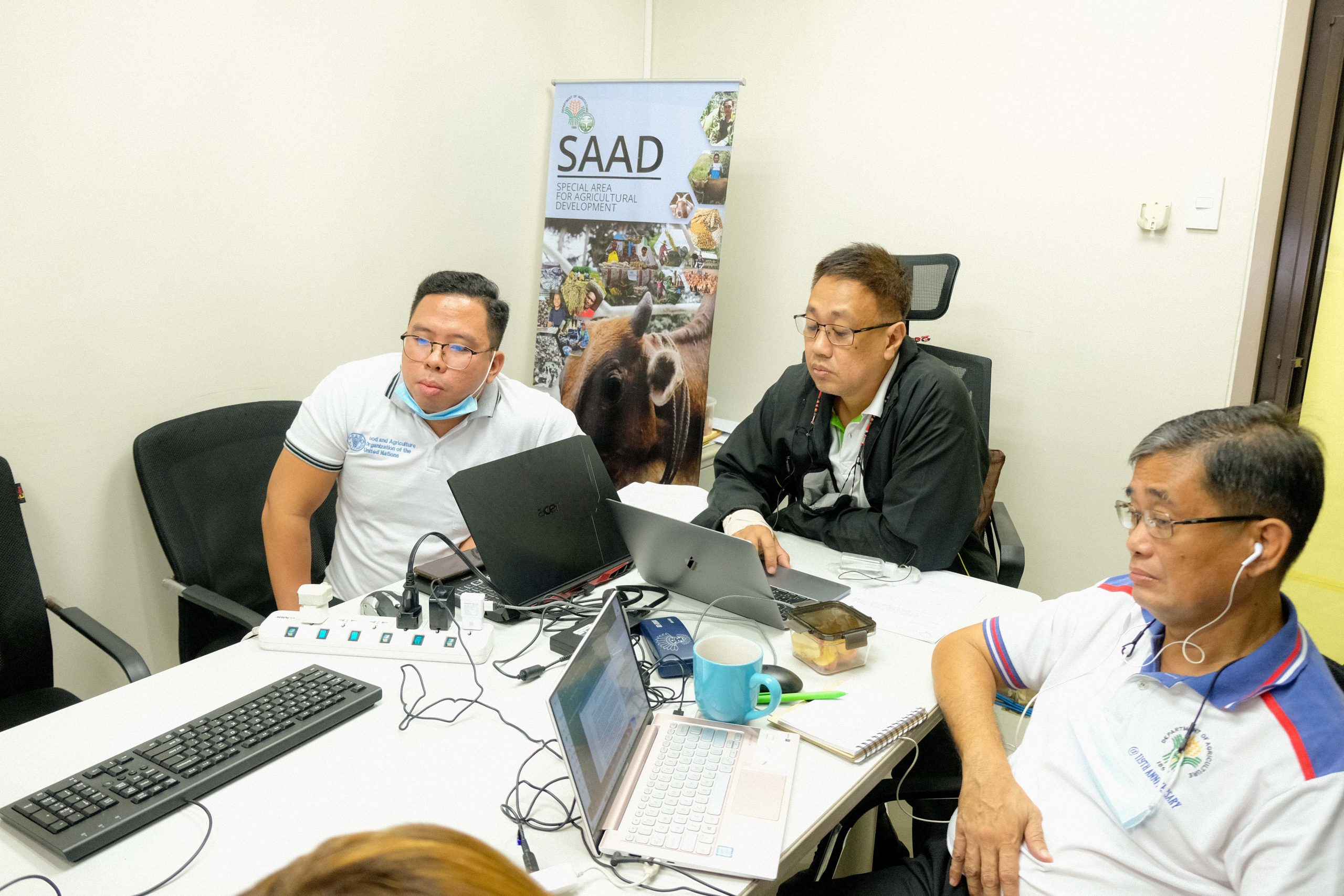
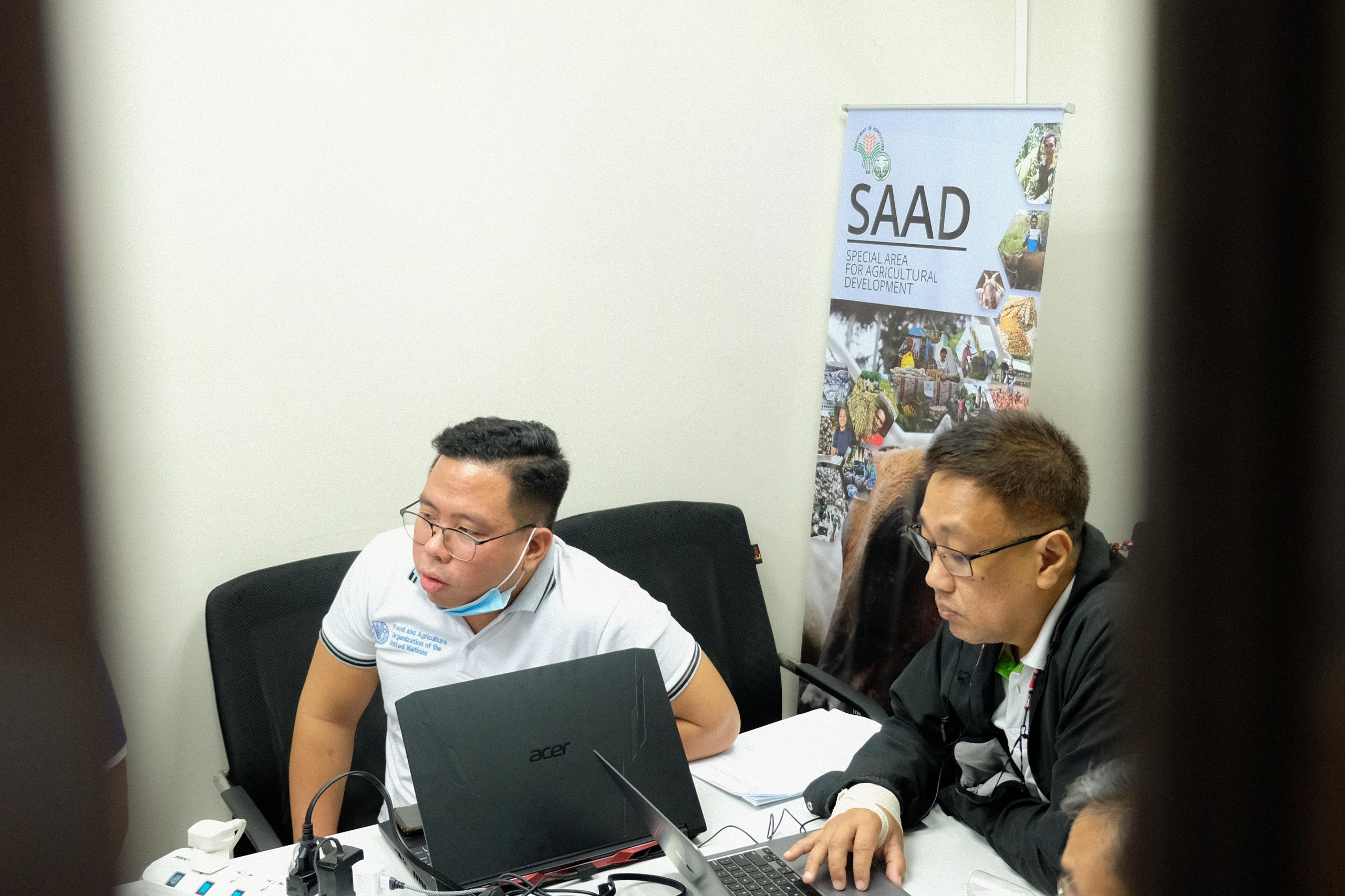
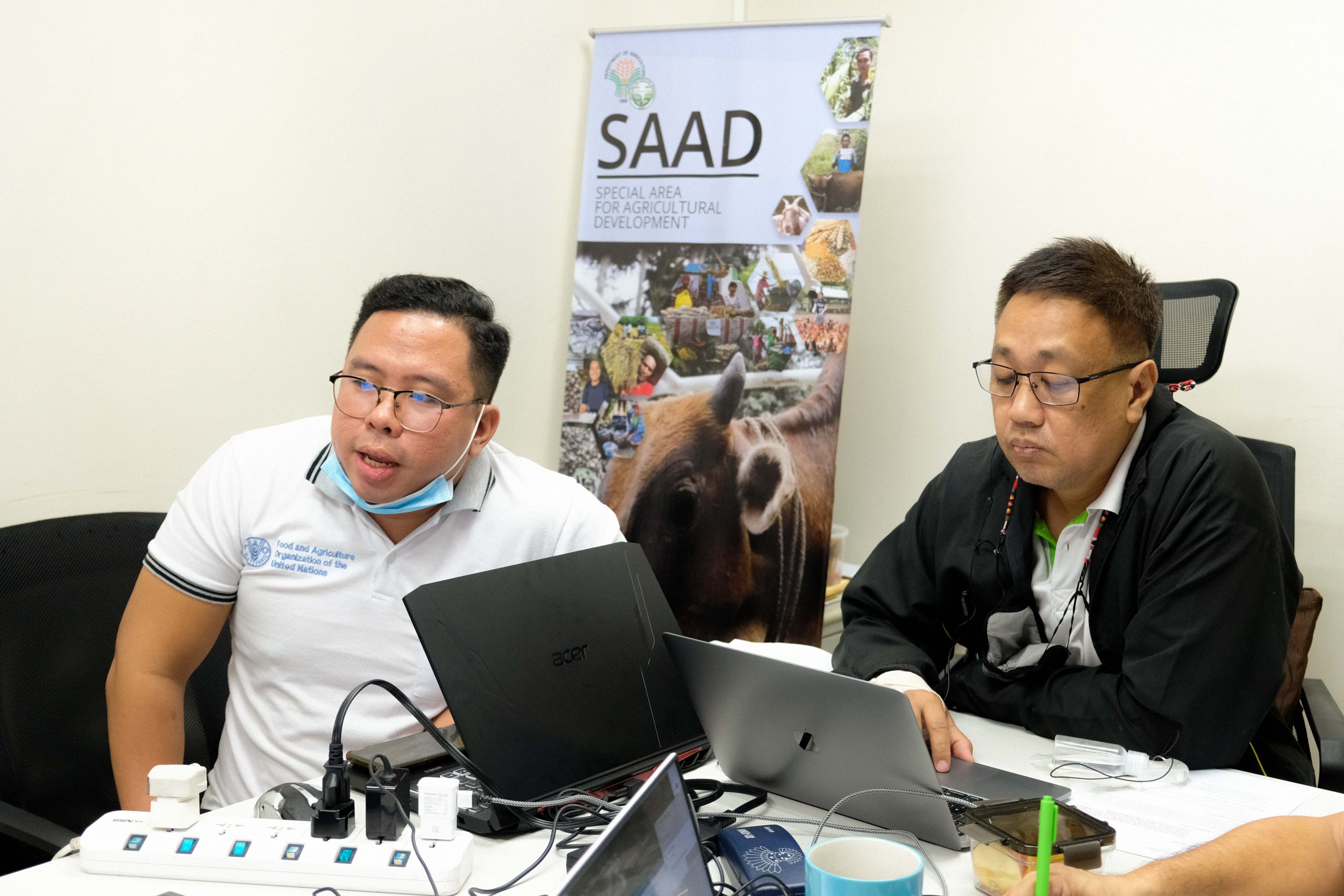
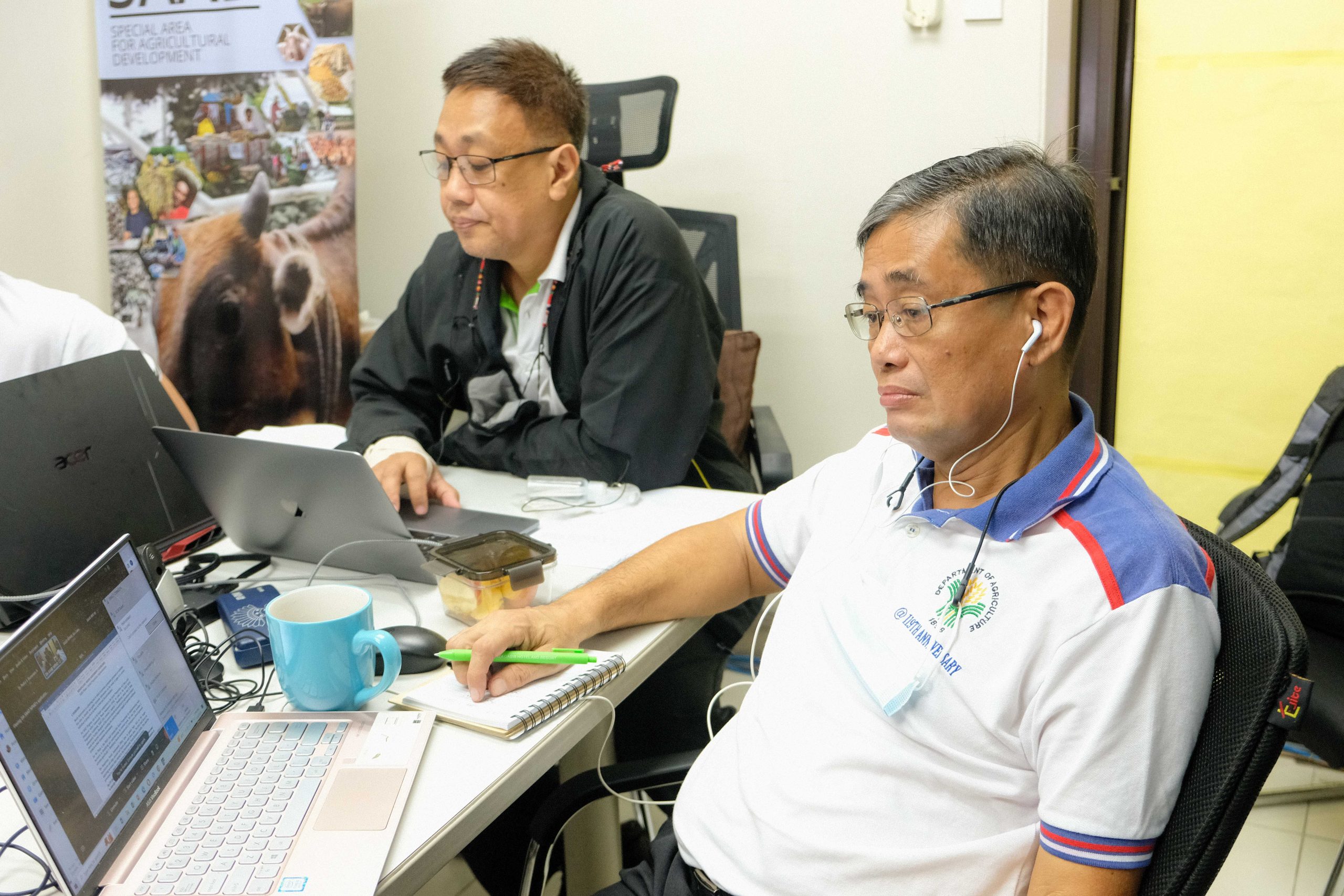
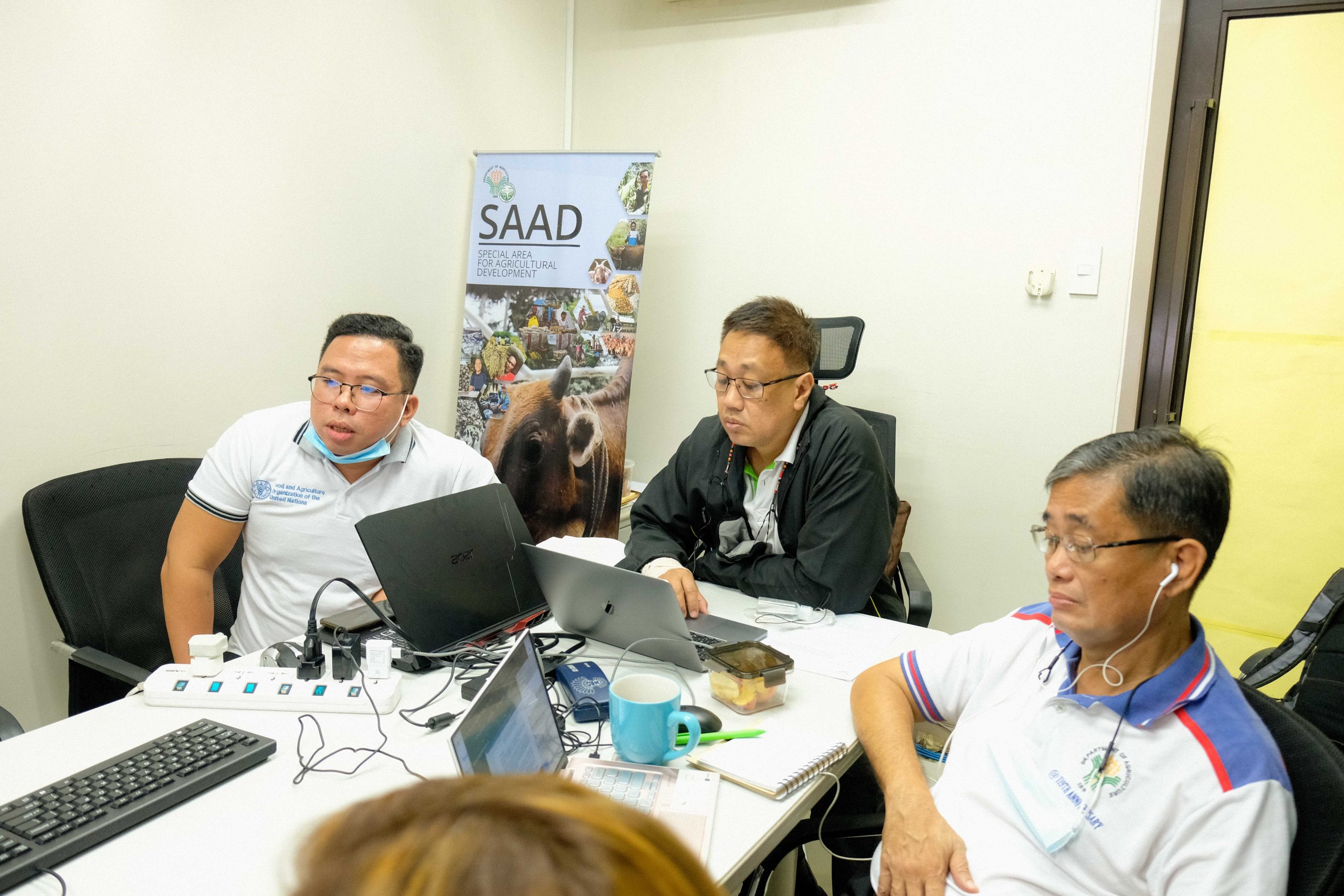
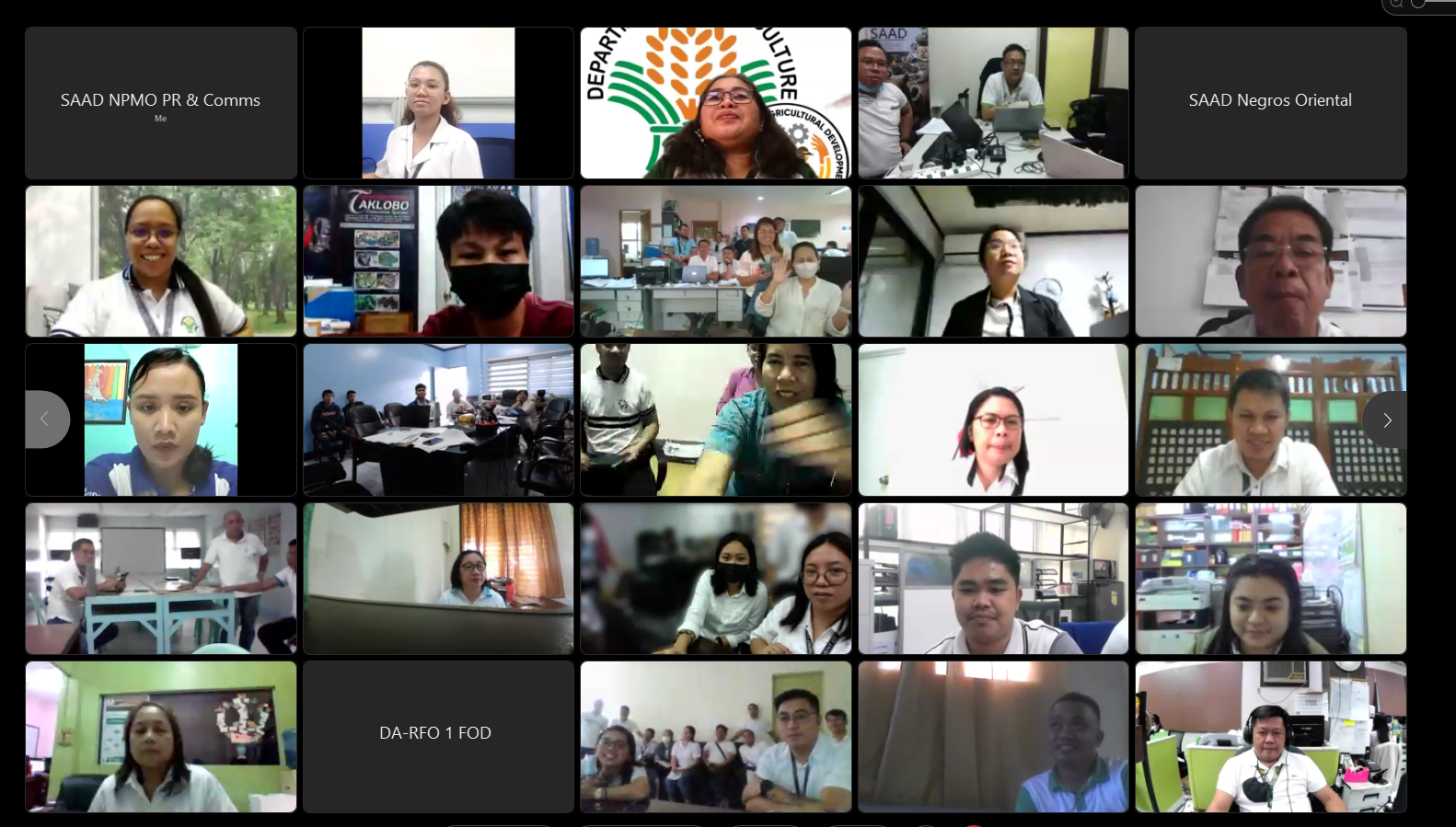
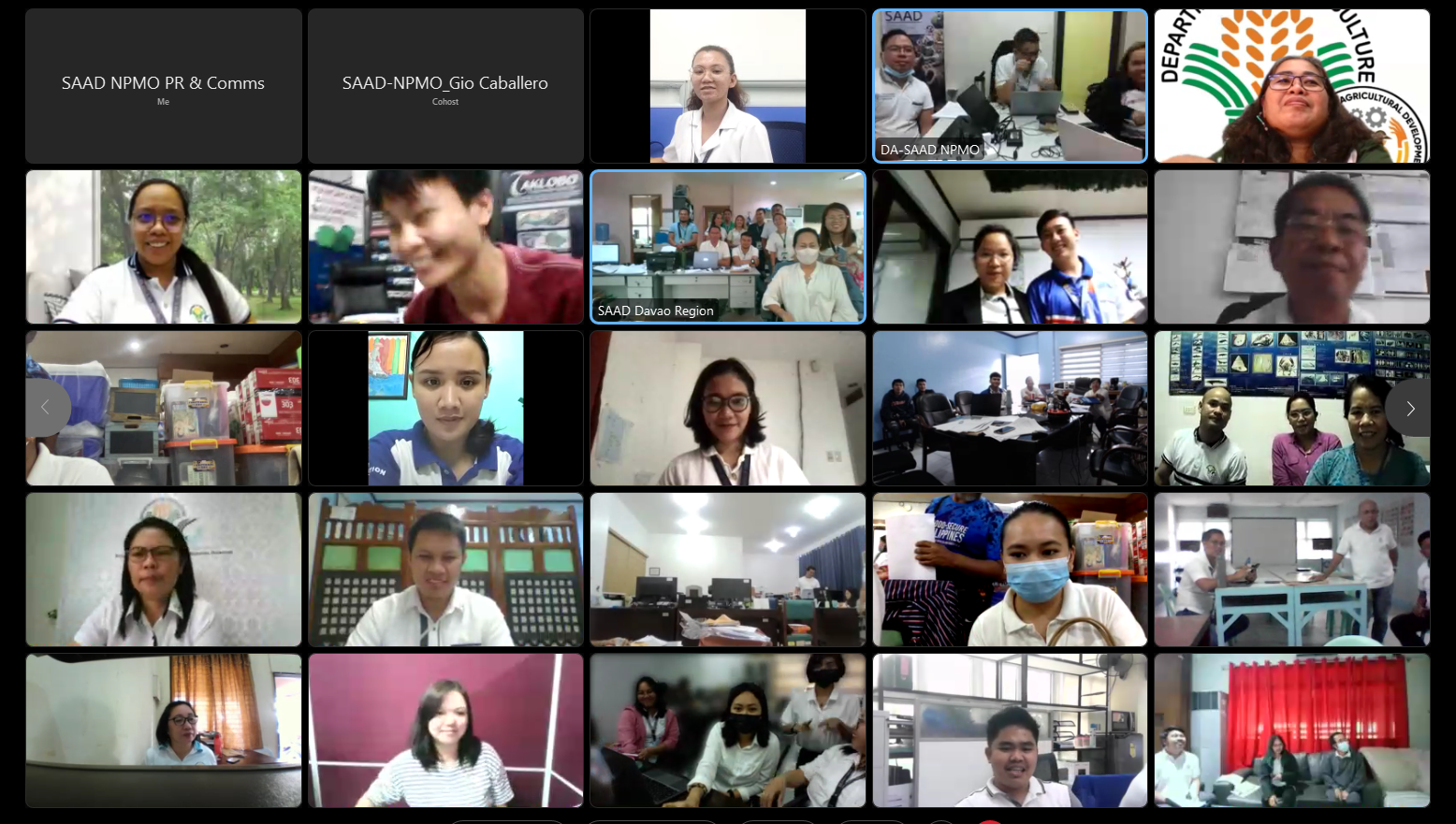
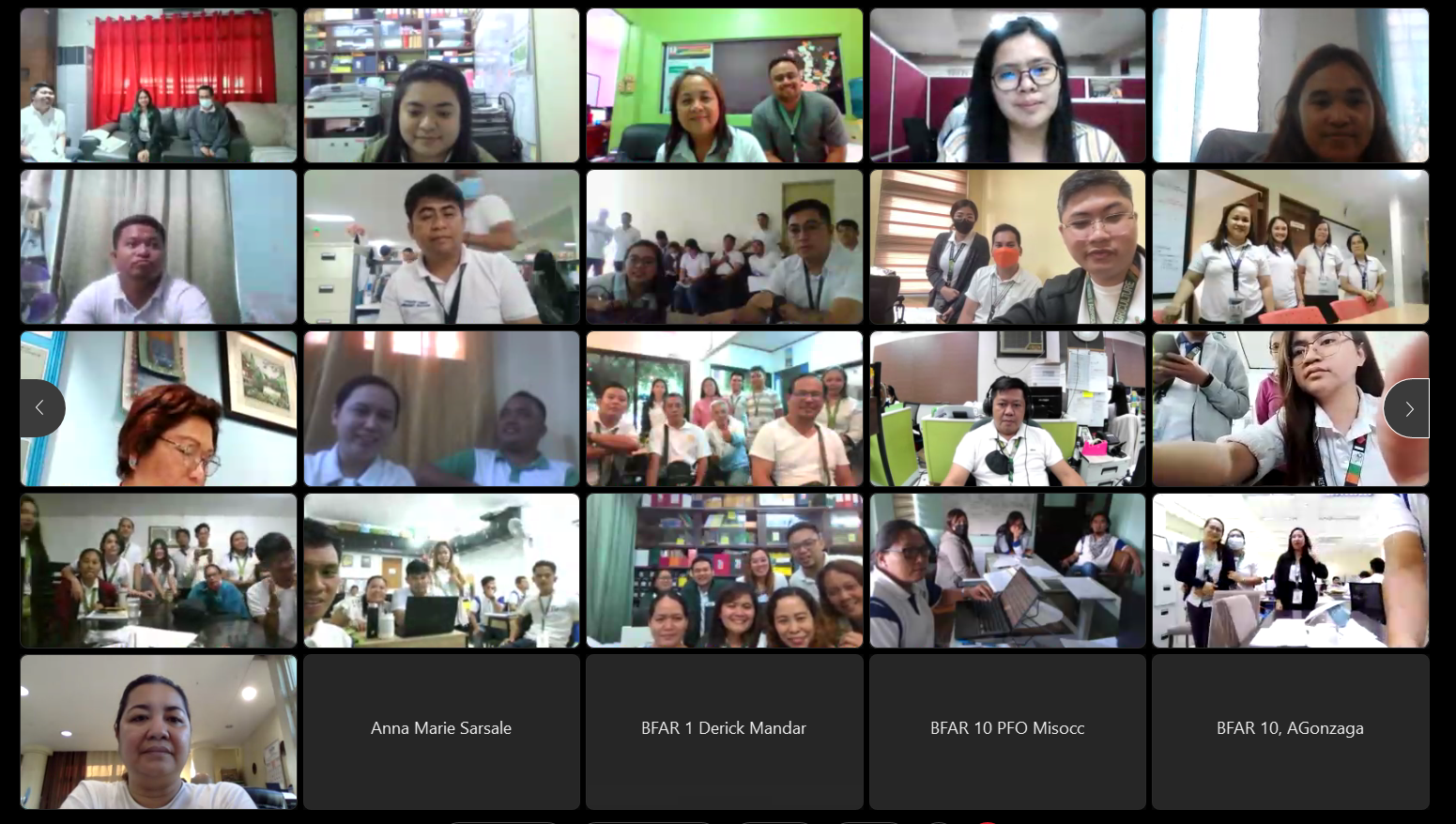
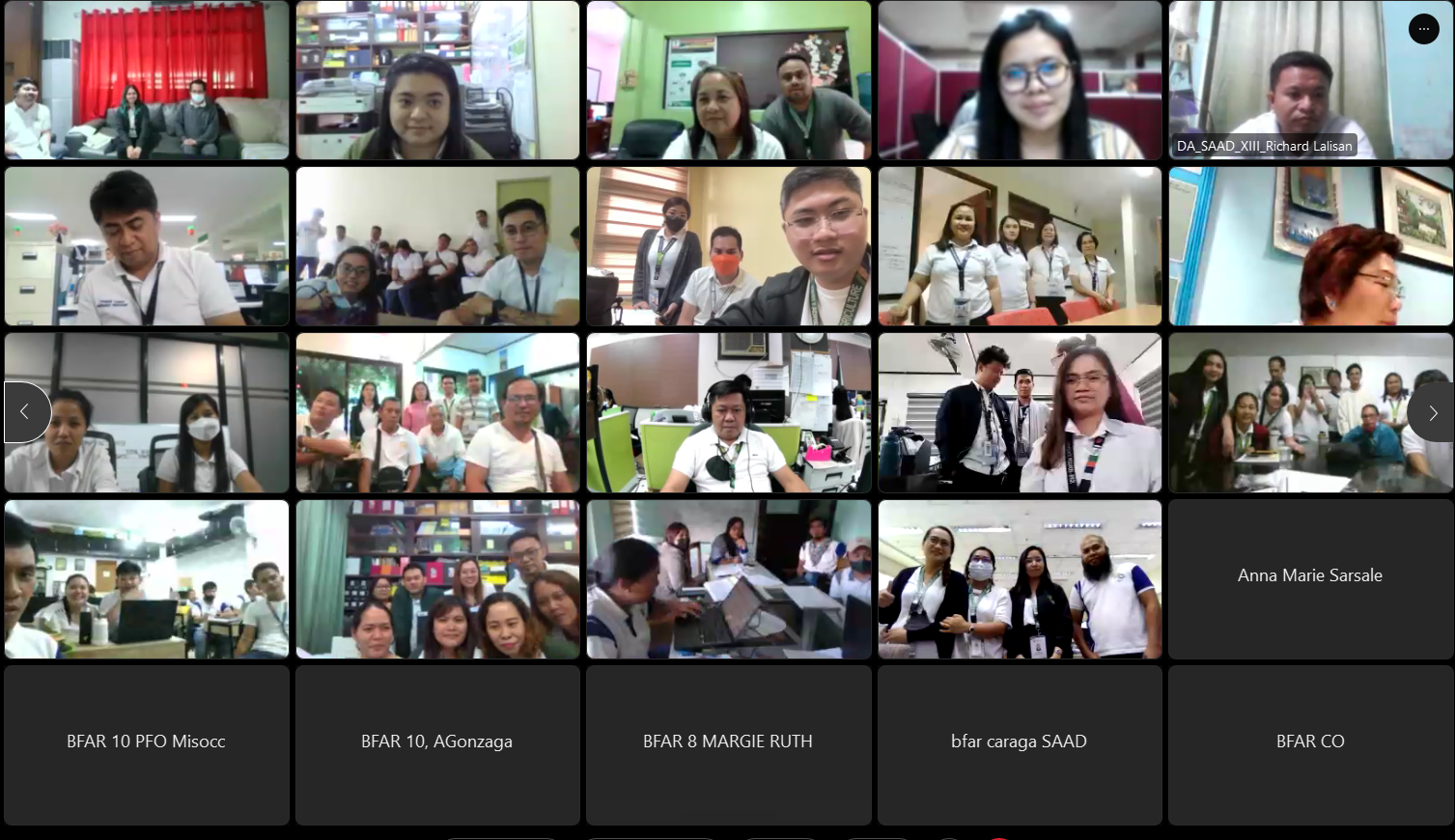
Comments (0)